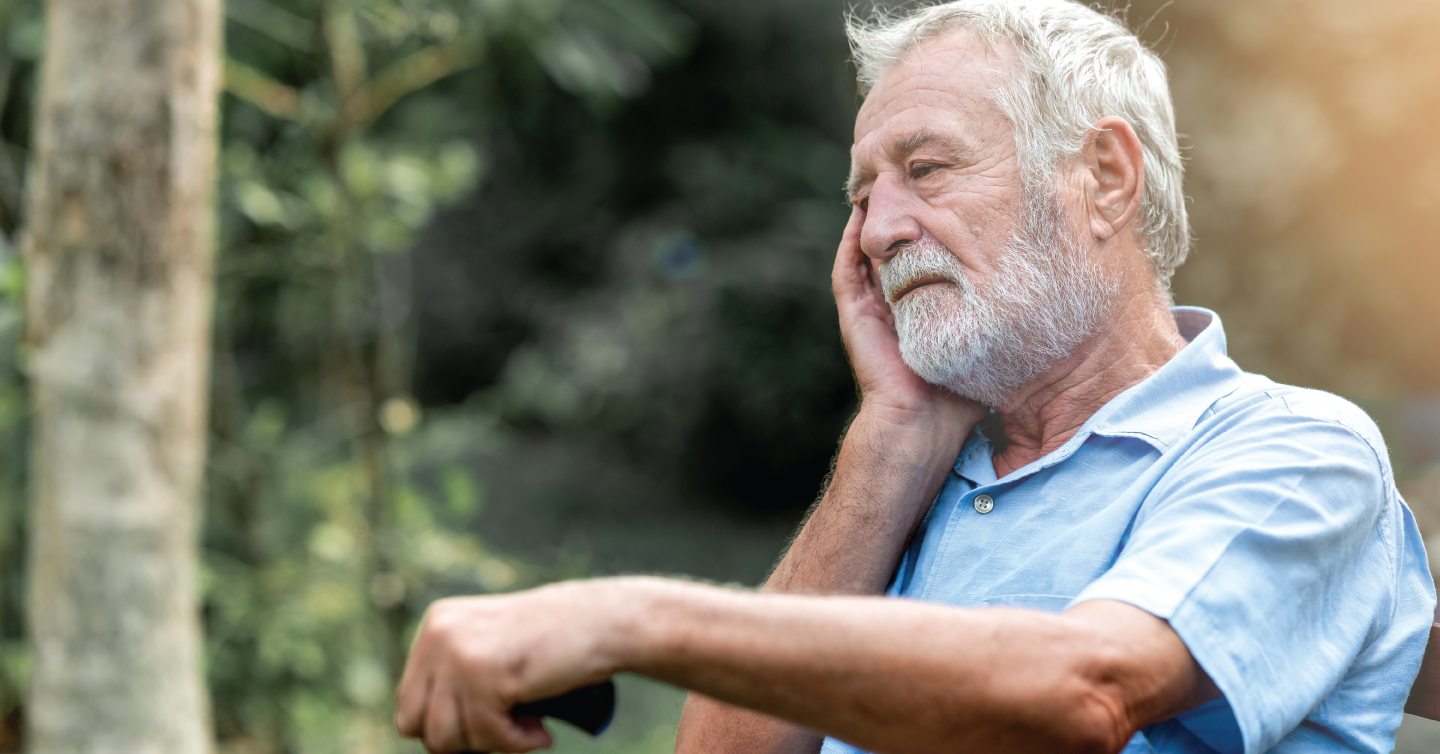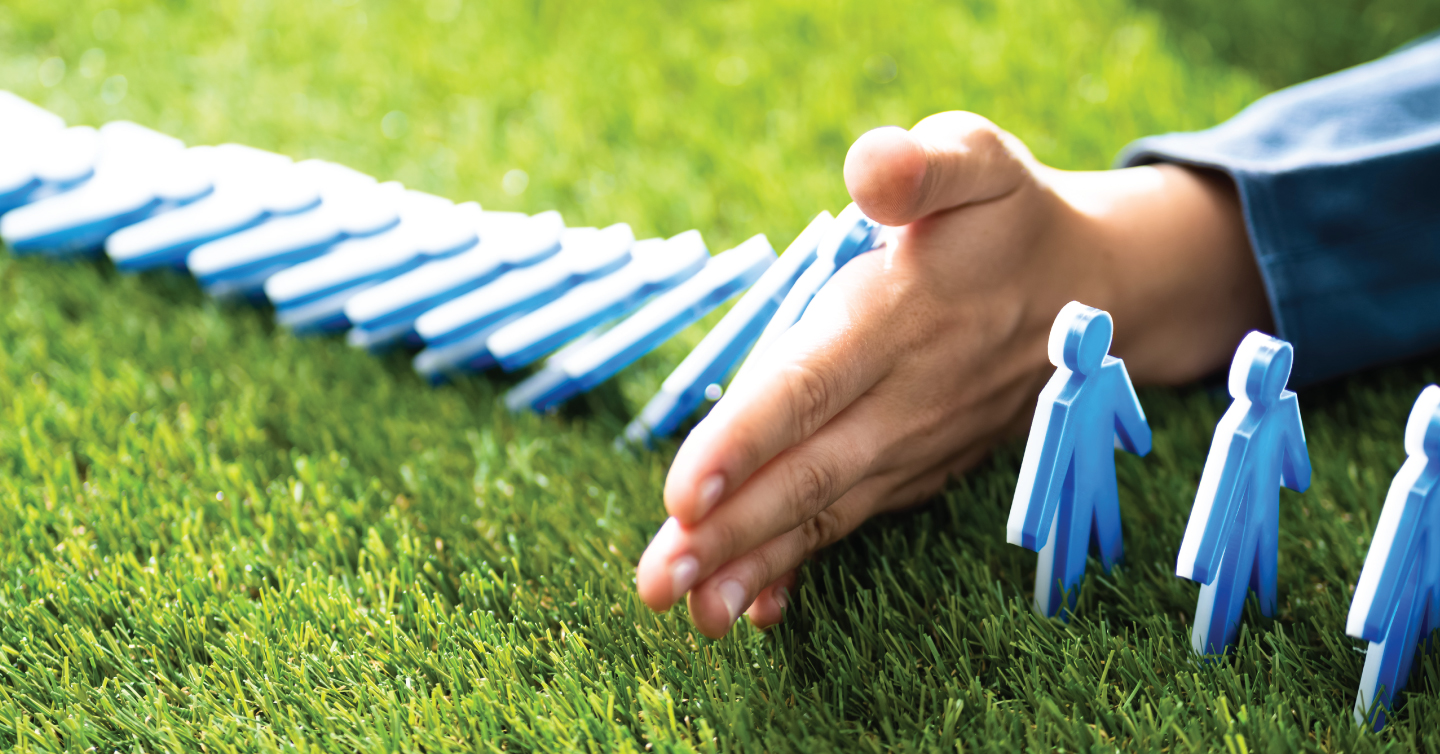How a Fear of Falling, or Post-Fall Syndrome, Can Affect Your Fall Risk

By Jennifer Footit-Tank RN BSN, quality care coordinator at Network Health
11/21/2023
Recovery from a fall is not only a physical process but a mental one as well. A fall can cause you to doubt your independence, shake your confidence and cause anxiety. These emotions can stay with a person long after the physical injuries have healed. Here are some ways to help you to conquer those feelings and get you back in control.
When you have a fear of falling, it is essential to recognize and accept those feelings. Keeping your concerns to yourself or isolating at home will only make you anxious, depressed and lonely. Find someone you feel comfortable talking with about these fears and how they are impacting you. Feeling heard is the first step to recovery.
Assess Why Your Fall Happened
The best way to prevent a repeat falling event is to figure out why it happened in the first place. Once you experience a fall, you’re twice as likely to have another one. Prevention is key. Some common reasons for a fall include the following.
- Weakness leading to stooped posture, poor balance or shuffling gait
- Clutter in walkways, throw rugs or narrow walkways
- Poor lighting in rooms, hallways and stairs
- Lack of stairway railings or grab bars in the bathroom
- Medications that cause dizziness
- Poor vision or hearing loss
- Not wearing shoes or poor fitting shoes
- Dehydration or lack of balanced nutrition
- Bowel or bladder issues that make you rush to the bathroom
What You Can Do to Improve Your Strength and Balance
Decreased physical activity often leads to more falls, not fewer. It seems to make sense if you don’t move then you won’t fall. But avoiding activities can lead to increased muscle weakness and cause you to easily tire when walking, affect your ability to stay upright and make you feel unbalanced.
Consider working with a physical therapist to learn exercises that increase your strength and improve your gait. You can complete home exercises, attend a local senior center or use home videos. Tai Chi, chair exercises or walking around inside your home will all help you to rebuild your confidence.
Exercises which have a decreased risk of falling are swimming, riding an exercise bike and water aerobics. Start with something that you are comfortable with and build from there. Once you regain your physical strength, you will regain your confidence.
[Read more: A Seniors Guide to Fall Recovery]
Get the Help You Need to Avoid Falls
Falling is not a normal part of aging. Falls are an indicator that something is not safe in the environment or may indicate a medical need. After a fall it is always good to see your medical provider to make sure you are not physically injured. This appointment can also look at your medications, physical strength, balance, vision and hearing. Remember, the goal of your medical team is to keep you at home and safely independent.
Have family, friends or a senior professional help you to evaluate your living environment to see if an adjustment needs to be made to make your home safer for you. Contact your local Aging and Disability Resource Center (ADRC) to see what services may be available to you.
Take a walk with someone you are comfortable with in a place that is familiar to you. This could be in your yard, a local park or inside a store. The more you can enjoy gentle walks with a trusted person, the quicker your self-belief will return.
Starting with a fall prevention plan is the best way to assure yourself that you are safe. Setting small achievable goals after a fall will help you to regain your confidence. With goal achievement you can shift your focus from “I can’t” to “I can.”



